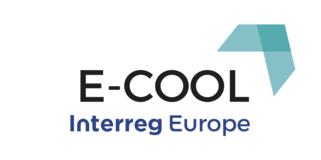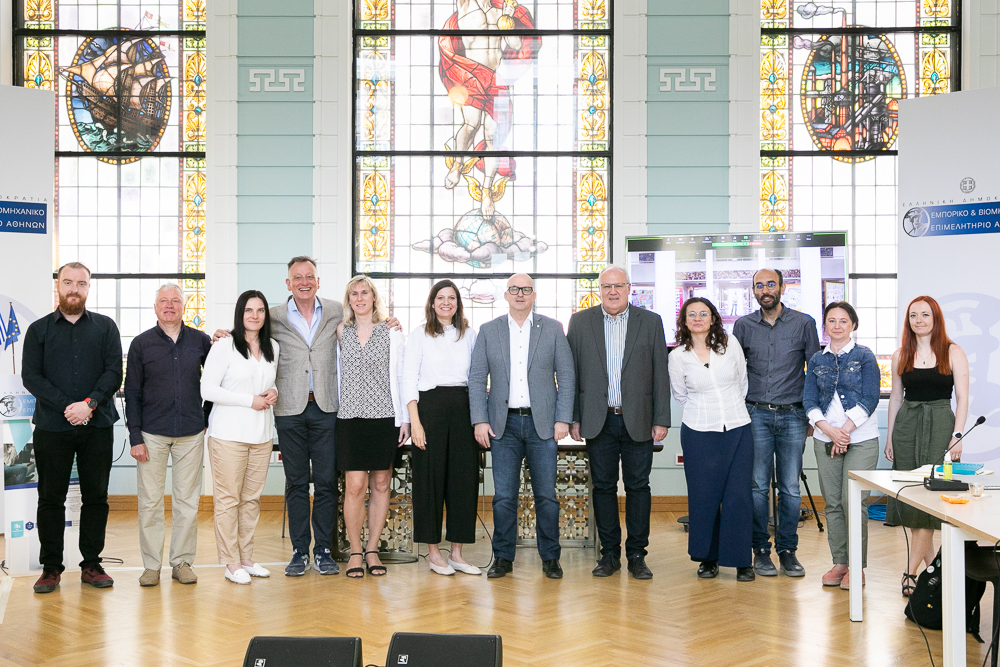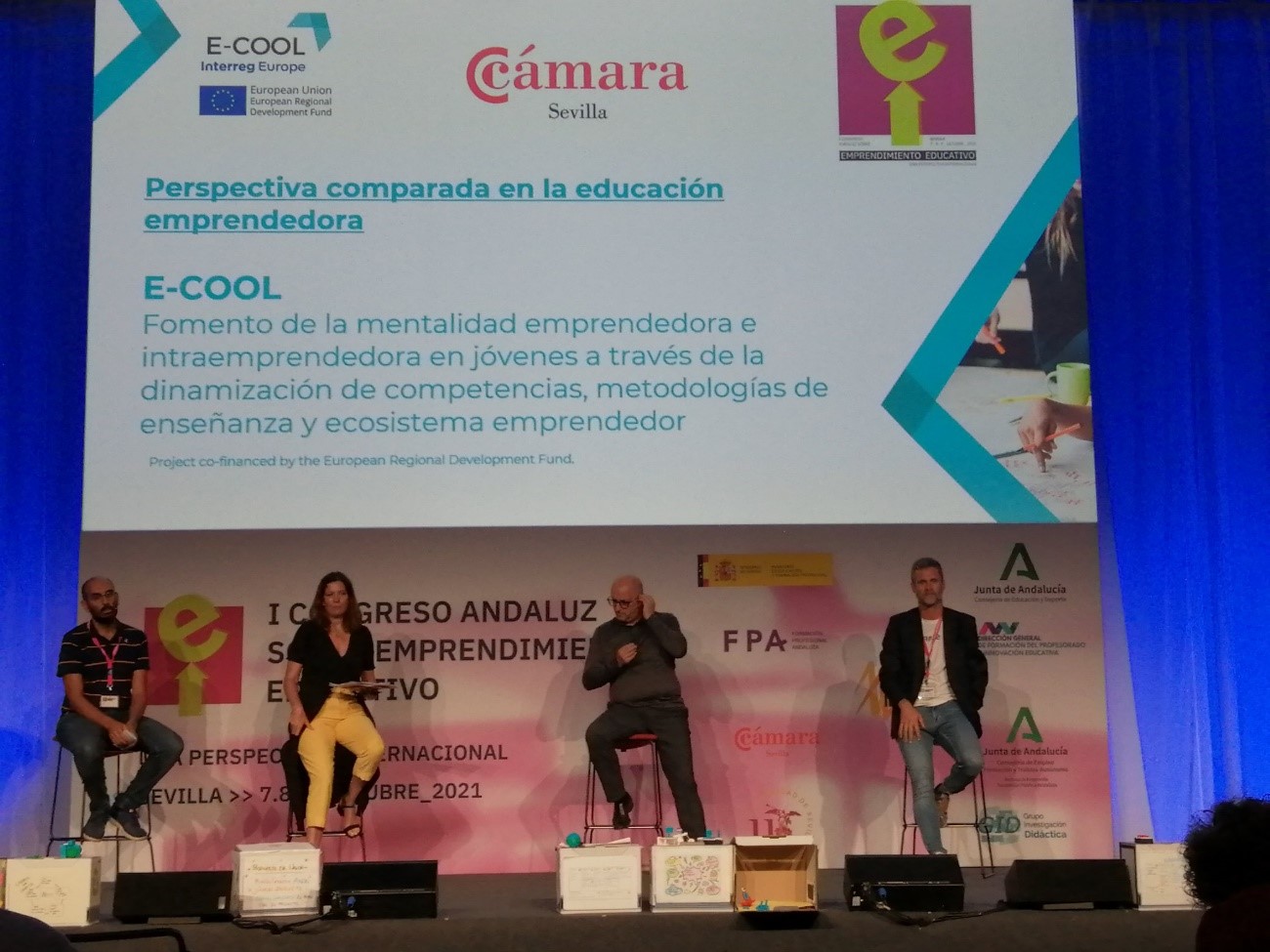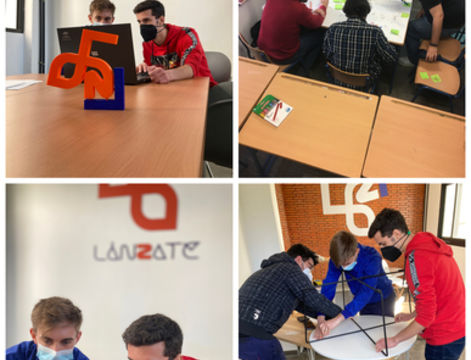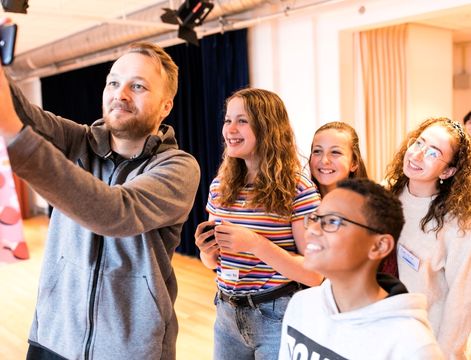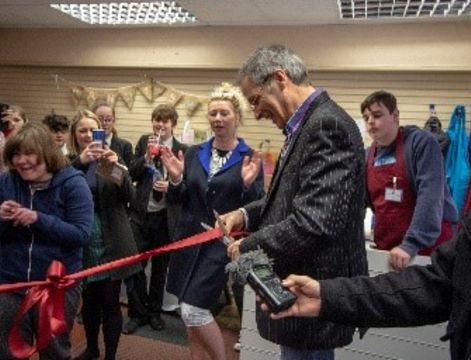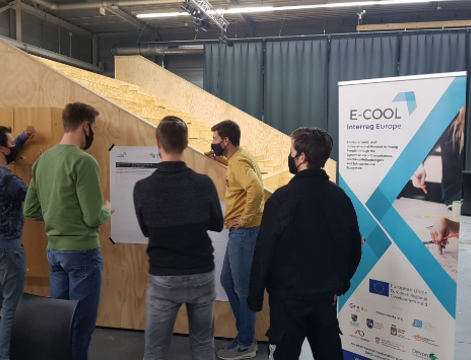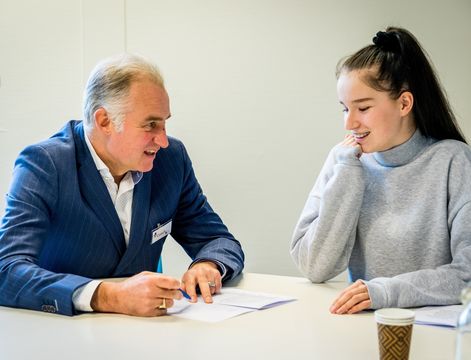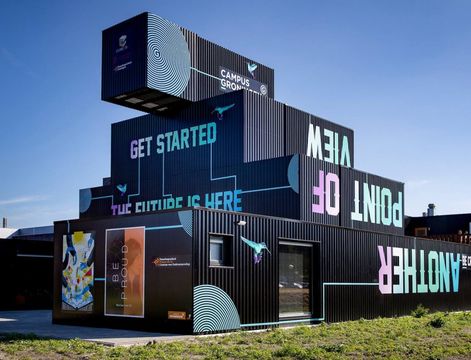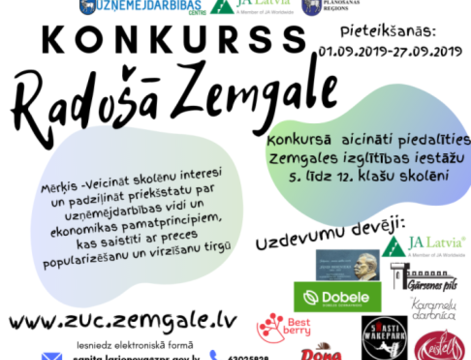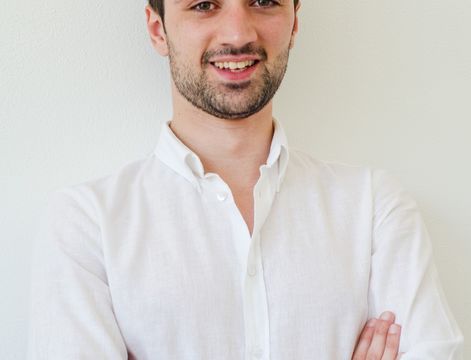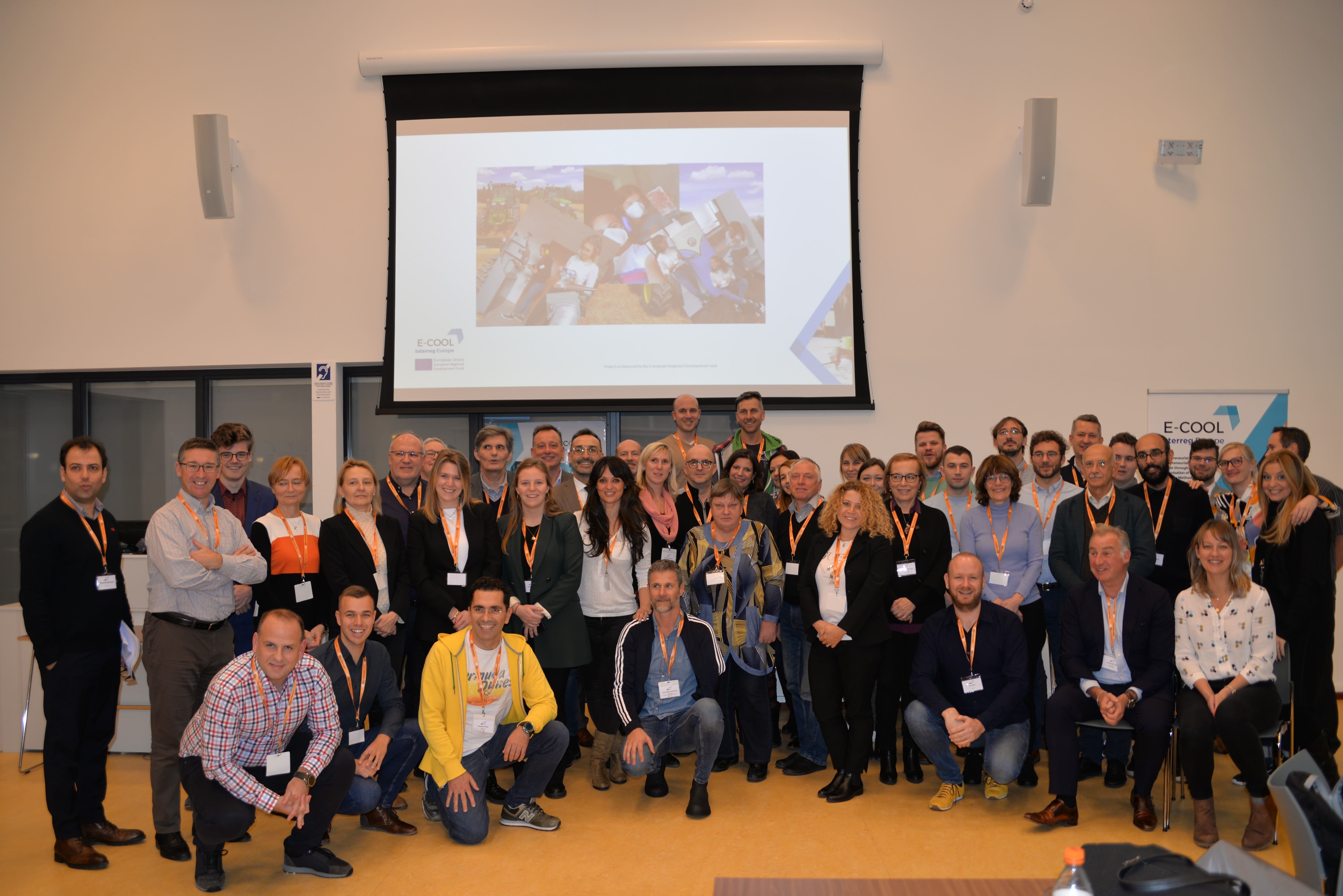The Lanze space emerged in 2017 at the I.E.S. Politécnico Hermenegildo Lanz (Granada), a reference centre of Vocational Training in Andalusia. The original idea was to provide the institute with an after-sales service for graduate students.
José Abril Cid and Juan Carlos Serrano Román, both teachers at this vocational school, share with us how they began to work on the creation of a physical space where their students (also graduates) could not only incubate their ideas or business projects, but also have the opportunity to experience the acquisition and development of basic entrepreneurial skills for employability. From here, they focused on recovering an old space in the janitor's house to turn it into a real incubator in a co-working format.
“After the creation of the physical space (at the end of the academic year 18/19), it was time to articulate the structure and content of our co-working. During the third quarter of the year 19/20 we focused on working on soft skills in a virtual way, we created a pilot program, “The bunker”, where, with the help of the Accenture consultancy, we designed an ad hoc training on 6 soft skills that our students were able to certify. The mission of this technification was to prepare our students to cope in situations of crisis or stress, managing in turn to develop their “entrepreneurial self”, thus generating a good breeding ground for our Lanzate.”
During the current school year, despite the doubts at the beginning, we decided to continue betting on our project and taking another step forward, we created lanze.es, which has allowed us to virtualize some processes. We had to change the name from Lanzate to Lanze for brand and registration issues and we decided to focus our efforts on how to feed the Lanze space of users with innovative ideas that could open a possible business path. At this point the idea of working with serendipity tables arose, a methodology imported from our trip to Gronigen (The Netherlands), where we were able to exchange experiences on how to work entrepreneurship in Vocational Training and other educational levels, all thank to the E- COOL project.

The Serendipity Tables aim to achieve great solutions by serendipity, that is, no one knows what is going to happen but conditions are created for positive things to happen. The concept of serendipity has its origin in the colonization by the British of what is now Sri Lanka.
In this way, our serendipity tables were to be made up of students from different training cycles, about 6 members per team. Once the tables were set up (randomly) we proceeded to guide the dynamics following the Design Thinking methodology and measuring the times in a Sprint format, all under two different challenges: Improve your School and Improve your Environment - improve your school and improve your surroundings—. To guarantee the dynamics we used the MIRO platform, an infinite virtual table that made it easier for them to develop their innovation project to serendipitously arrive at a series of prototypes, applications and innovative ideas.
Currently, we have managed to incubate two projects in Lanze.
Although it has not been an easy road, today we can say that we have changed some dynamics and ways of working in our center, adapting our methodologies to the new context and with the objective of continuously improving the employability of our students.”
